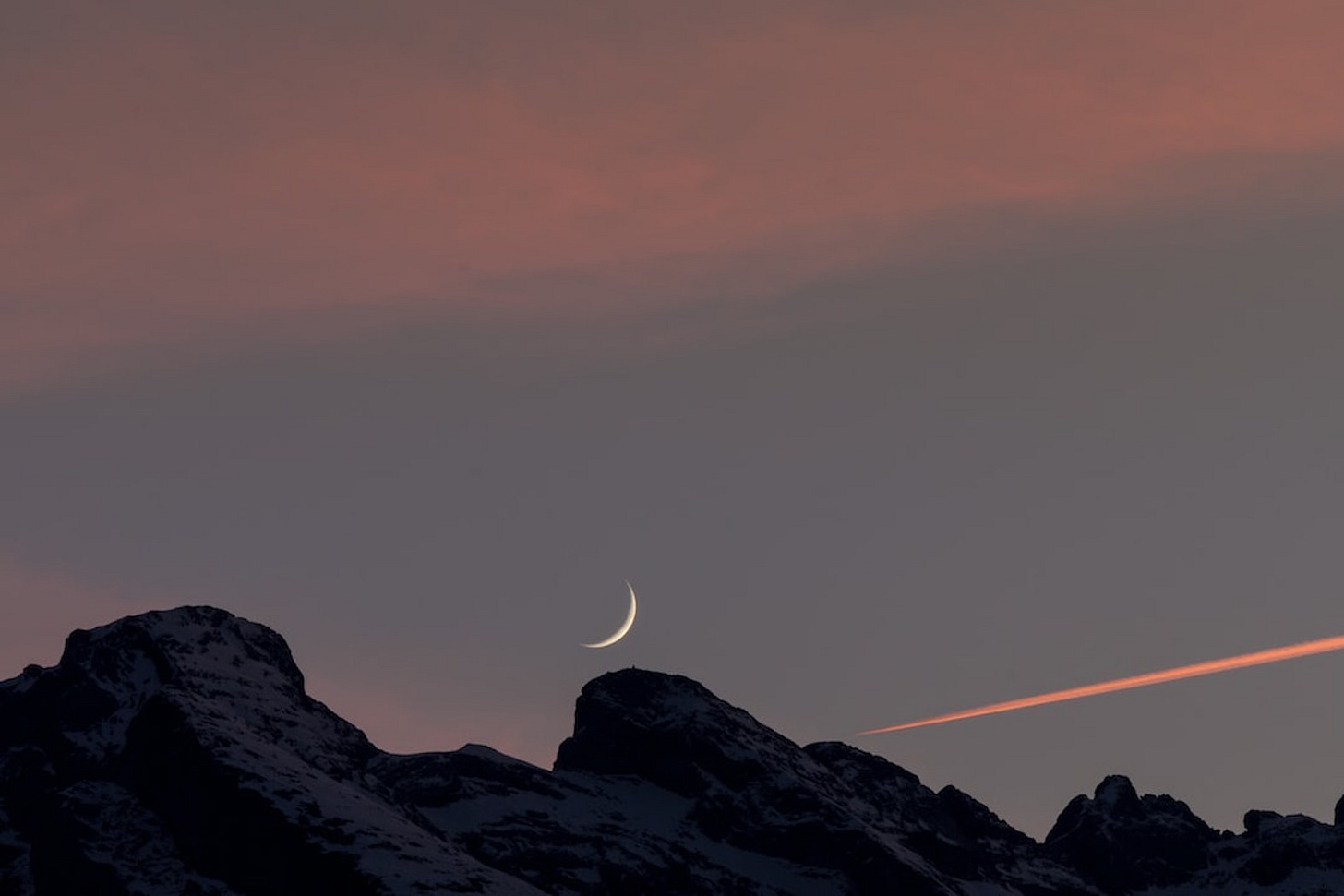I’ve always been fascinated by the word "ennui”. What was once an undertone of my teenage diary entries has seemed to evolve into a mysterious and subtle state of being in my adult life today. Frankly, it’s an anxiety-inducing feeling on a bad day and simply unsettling on any other day.
In the spirit of reframing the stories we tell ourselves, I wonder if there is a benefit to expressing gratitude for boredom. What if having “nothing to do” is a gift?
I’m realizing that there is a hidden privilege to feeling anxious because you have “nothing” to do.
We are living in a time where there is nothing short of things to do. The internet has given us an infinite scroll of access to content and entertainment. At the very least, we have access to an unlimited amount of stimuli to keep our minds occupied. If experiencing boredom in this day and age sounds like a personal problem, it’s because it is. It’s perhaps a luxury that signals we have met all of our other basic needs in life and perhaps we’re ready to seek self actualization (at least according to Maslow’s Hierarchy Of Needs).
I’m noticing that especially during the closing chapters of life transitions—aging into a new decade, moving to a new city, entering a new stage in a relationship, adjusting to new work priorities, or simply adjusting to less daylight with a new season—this feeling of quiet restlessness sets in.
To address this dilemma, I turn to look at the opposite side of the emotional spectrum, where boredom lives. On the other side of boredom, I find gratitude. Practicing gratitude seems to be a main ingredient for increased wellbeing and experiencing more abundance in life. It’s easy enough. We don’t have to feel “stuck” in our holding patterns of boredom or restlessness. By honoring our emotions, it’s possible to cut through the malaise and continue on our path towards creating the life that we want.
It’s been over a decade since I was first exposed to literature on manifestation practices, and gratitude has always been a cornerstone of contemporary and vintage self-help advice. Spiritual authors such as Abraham Hicks, Rhonda Byrne, Eckhart Tolle, and many others position gratitude as part of the formula for creating the life you desire.
Anyone who has ever explored an abundance or manifestation practice will understand that gratitude is the most impactful yet underrated piece of the attraction puzzle.
Gratitude isn’t just a destination, either. I’ve learned that it’s a practice. Being in “practice” is another mental shift that I aim to invite more of into my life. Positive emotions, like gratitude and love, become even more powerful when utilized as a verb rather than just a noun. Activity is a remedy for restlessness.
To be clear, I don’t intend to express gratitude as a way to spiritually bypass challenging emotions. It’s misguided to just say that one should be “grateful for the dull times” and move on with life. While this thought may bring some relief in the moment, I believe that work is in deeply respecting and expressing appreciation for your life. If we listen closely, every emotion is a clue on how to build a life that serves our true desires. Surrendering to the discomfort allows us to experience more joy, which then increases our attraction to our desires. It’s a flywheel for more joy and abundance. I see gratitude as a tool rather than an escape route. Our power to create change in our lives starts with being in touch with our feelings, especially when we are experiencing any emotional discomfort.
So when the goal of creating meaning and purpose in life becomes more dominant than where your next meal is coming from, maybe that’s where boredom is able to sneak in through the wrinkles of your emotional body. We’re alive. We’re here. We’re experiencing the sensation of a human drive to seek depth in our lives.
Isn’t that something to be grateful for?



This was so well-written, you have such a way with words. And such a treat too — almost like a wink from the universe. This is exactly what I’ve been needing to hear. Medicine for the soul.
More please.